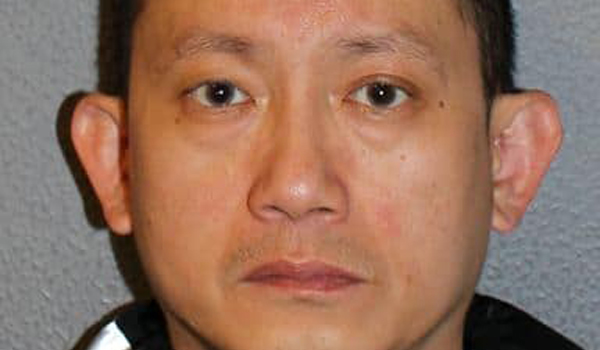MPS mugging helps crack credit card fraud
Counter-fraud officers have turned the tables on thieves after one force mugged a suspect in the street to secure vital evidence from his mobile.
Counter-fraud officers have turned the tables on thieves after one force mugged a suspect in the street to secure vital evidence from his mobile.
Officers from Metropolitan Police Services (MPS) Operation Falcon came up with the novel tactic during an investigation into serial fraudster Gabriel Yew.
Yew, 45, was wanted for supplying fake bank cards to criminals across Europe, and was suspected of using an iPhone to contact his associates.
However, as the MPS knew Yew would likely refuse to provide access to the phone if taken into custody, denying officers access to potentially incriminating evidence, the force staged a street mugging to seize the device when it was still unlocked.
In June, officers trailed Yew until he made a call and pounced, snatching the phone before he had a chance to lock it.
Once secured, one officer was assigned to keep tapping the phone to prevent it from automatically locking.
The data recovered from the phone revealed several orders placed for fake cards and led to a search of Yews flat, uncovering thousands of the fraudulent items as well as equipment used in their manufacturing.
Yew pleaded guilty to one count of conspiracy to supply articles for use in fraud, one count of making articles for use in fraud, one count of supplying articles for use in fraud, two counts of possession of articles for use in fraud and one count of possessing prohibited weapons.
He was sentenced to five years and six months imprisonment.
Another four men were convicted in connection with the incident.
Detective Chief Inspector Andrew Gould, who led the operation, said: The challenge of pin code access and encryption on some phones make it harder to access evidence in a timely fashion than ever before.
Officers had to seize Yews phone from him in the street. This evidence was crucial to the prosecution.
Penalties for refusing to provide access to encrypted devices can reach up to five years imprisonment in counter terror cases and two years for other crimes.
However, these sentences are rarely issued and offenders are instead commonly jailed for just a few months.
Apple has repeatedly refused calls to assist law enforcement agencies to gain access to its products, claiming that doing so would increase the risk of them being hacked.
Several techniques have been employed to get around this barrier Los Angeles Police Department turned to third-party contractors to hack one of the devices earlier this year.
Academics in Michigan have also developed a technique that involves printing replicas of suspects fingerprint than can be used to unlock smartphones biometric sensors (see PP534).


